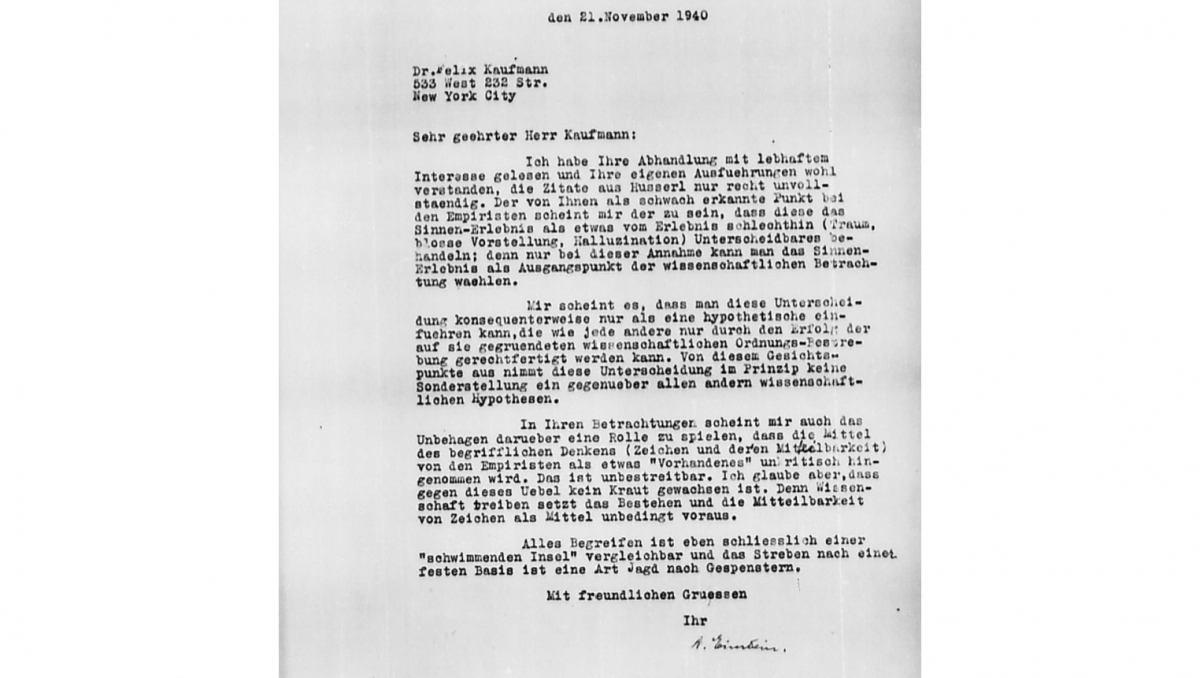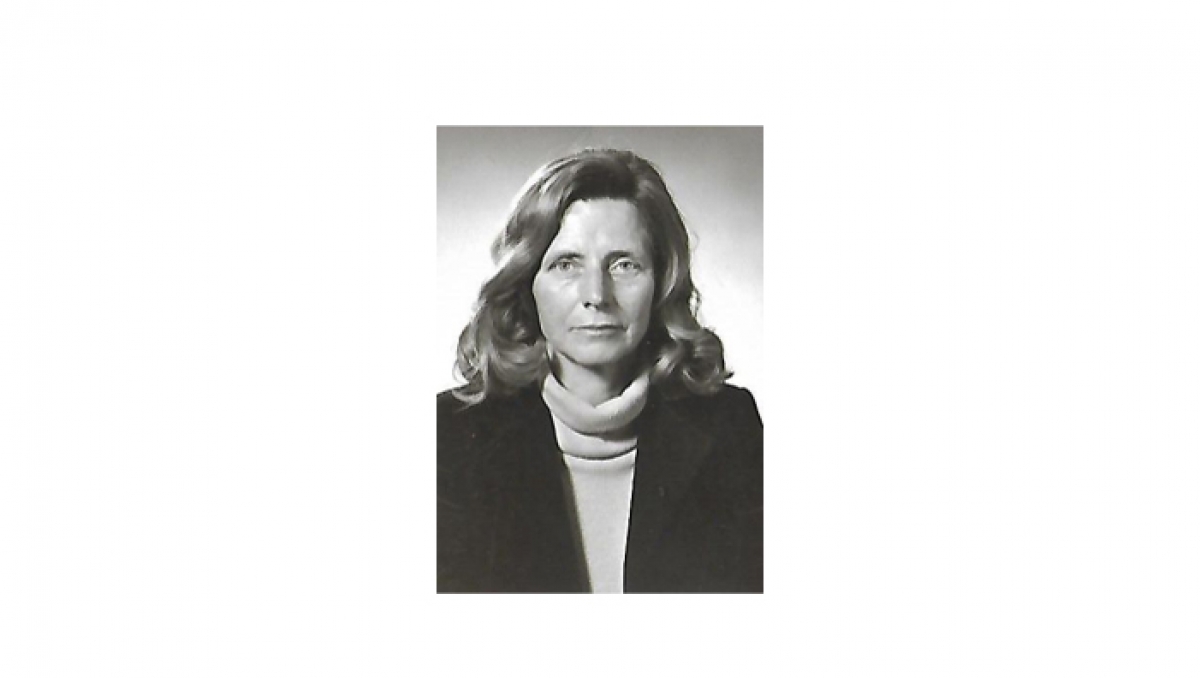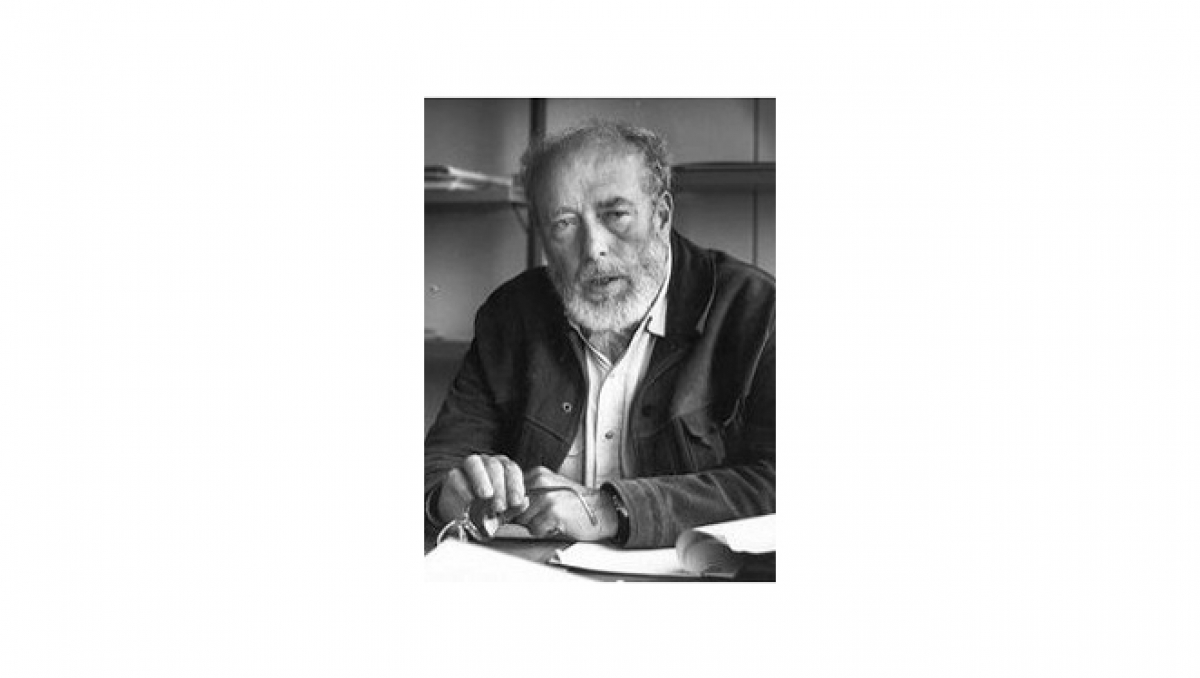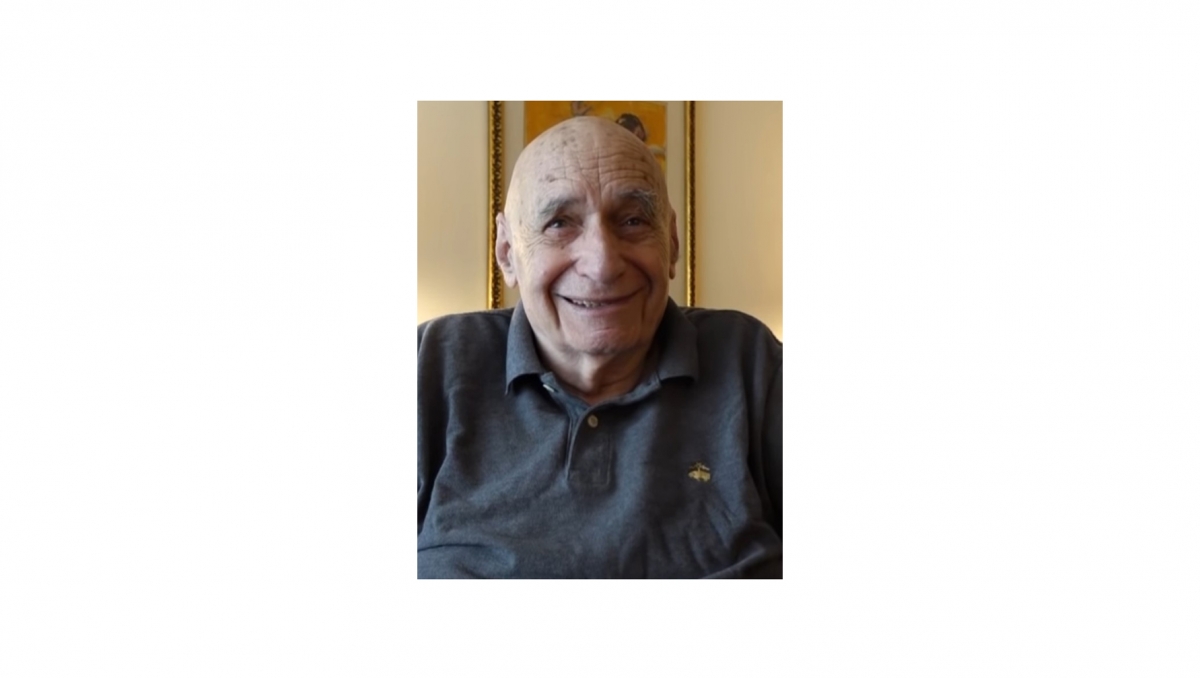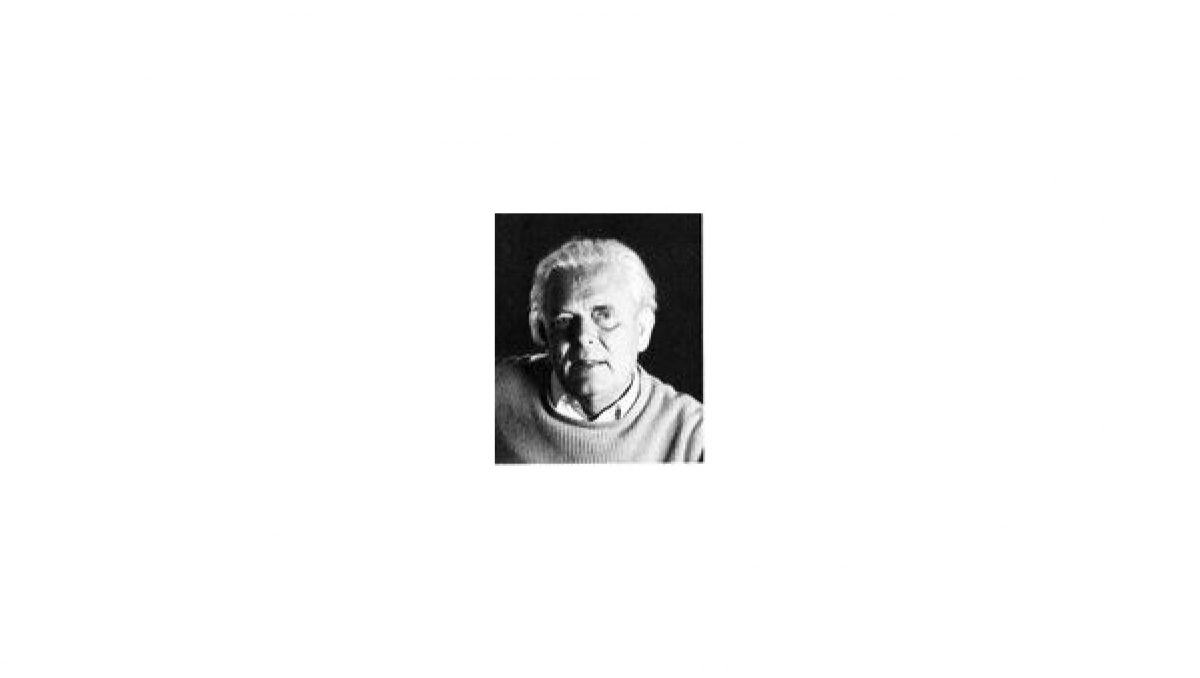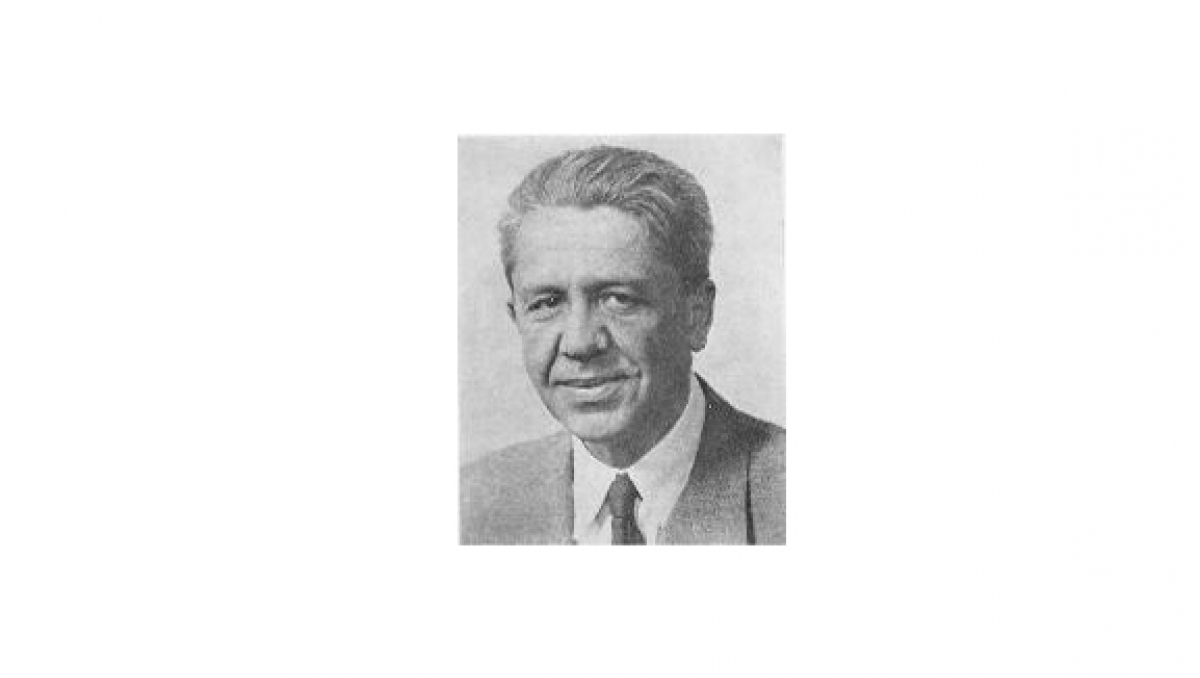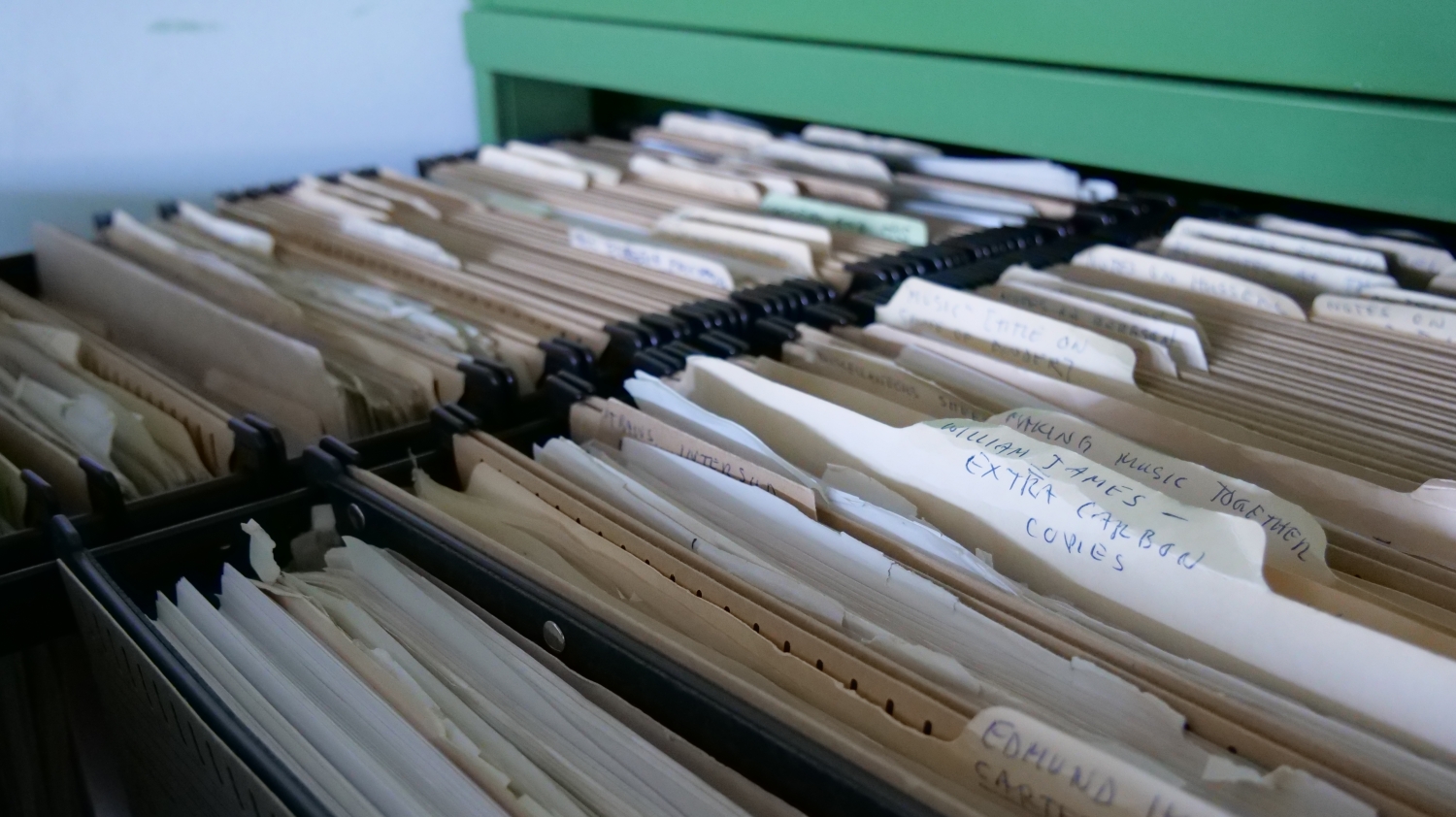Preserving memory – the Social Science Archive Konstanz
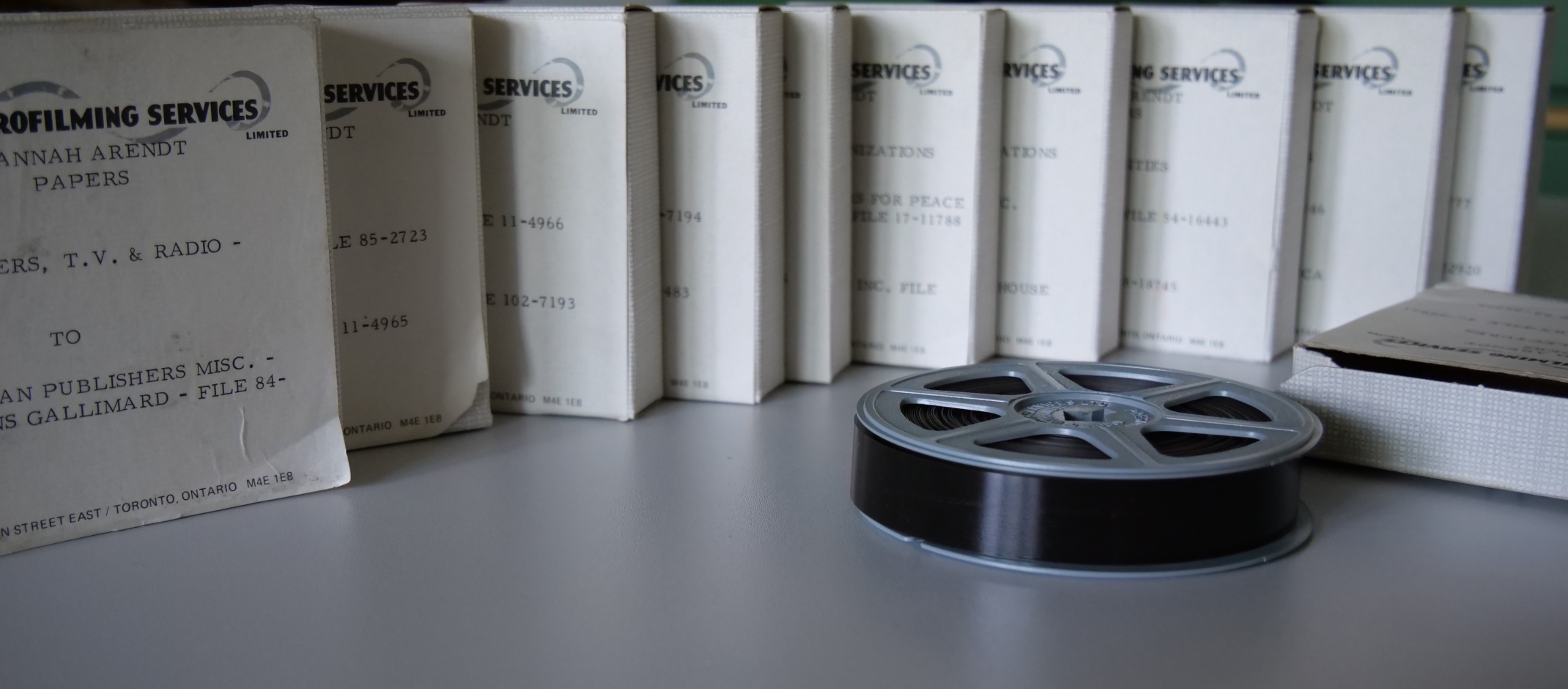
In today's world, we too can see the impact a totalitarian regime has on its country's academic environment: unparalleled brain drain. This is similar to what happened in Germany after Hitler came to power in 1933. At the time, a large number of researchers felt forced to go into exile. Many of the period's sociologists found a new academic home for themselves at the New School for Social Research in New York City (then known as the "University in Exile"). However, this meant that their writings and estates were located in the United States and elsewhere around the world – but not in Germany.
In the 1970s, Carl Mayer, a sociology of religion scholar who had emigrated from Germany in 1933 and had worked at the New School for Social Research from 1934 to 1966, had the idea to archive material from emigrated researchers so as to preserve the memory of their intellectual contributions. In 1973/74, as a visiting professor at the University of Konstanz, Mayer advocated for establishing this kind of institution when he spoke with the assistants of Thomas Luckmann, who was then a sociology professor in Konstanz.
"The word was that some of these estates were being stored in empty subway tubes in New York", says Jochen Dreher, managing director of the Social Science Archive Konstanz (SAK). This statement highlights the uncertain fate from which the materials were rescued when the archives were established in 1974. Since then, the SAK has continued to grow and, in 2002, it was designated as the central archive for the German Sociological Association (DGS).
The managing board of the SAK consists of Jochen Dreher, Christian Meyer (a professor of general sociology and cultural sociology at the University of Konstanz), Hubert Knoblauch (a professor of general sociology and theories of modern societies at TU Berlin) and Oliver Kohl-Frey (director of the Communication, Information, Media Centre (KIM) at the University of Konstanz).
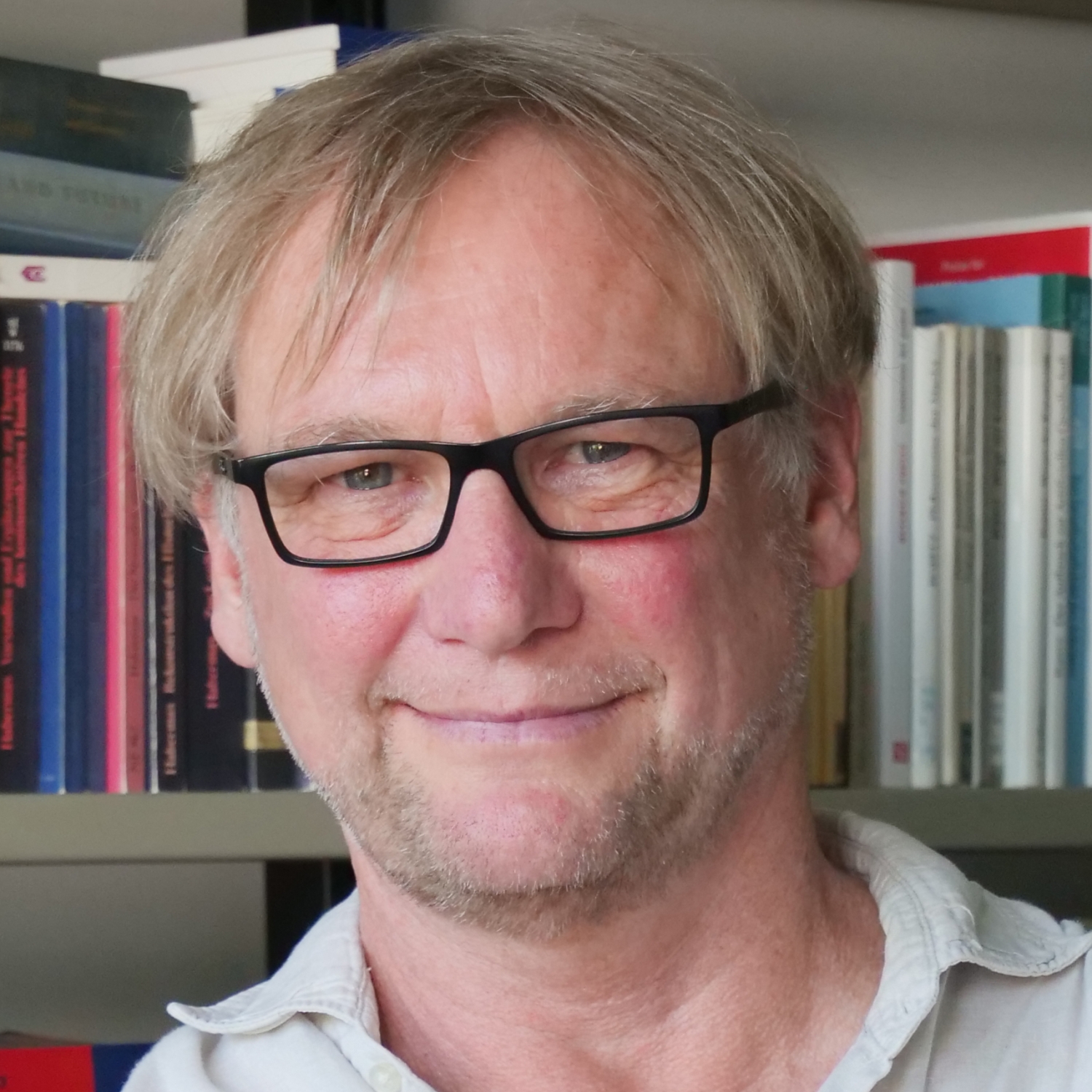
"Basically, we are the most important sociology archive for German-language materials, along with our Austrian partner archive, the 'Archiv für die Geschichte der Soziologie in Österreich. We have decisive estates and other collections from very renowned sociologists."
Jochen Dreher, Managing director of the Social Science Archive Konstanz (SAK)
Pearls of the Social Science Archive Konstanz
Dreher says the most important collection in the archives is from the estate of Alfred Schütz, founding father of phenomenologically oriented sociology. Although the materials are only available as copies or on microfilm, Dreher considers them equally as important as the originals. Other estates include those of Thomas Luckmann and his friend and colleague Peter Berger, whose 1966 joint work "The Social Construction of Reality" is a classic in the field of sociology. The SAK also has the original estates of post-war sociologists Heinrich Popitz, a key power theorist in sociology, and Hans-Paul Barth, a very important urban and architectural sociologist. In addition to his writings and correspondence, the Popitz collection also includes numerous paintings.
What about collections from women? While Dreher admits that women are still underrepresented in the archives, the SAK recently received Hannah Arendt's estate on microfilm. "At the moment, there is also great demand for materials from Benita Luckmann, who was married to Thomas Luckmann and stood in his shadow during his lifetime. We have her estate here, too. Multiple researchers, include a visiting professor from Argentina, have come to the archives to study Benita Luckmann, who coined the concept of 'small lifeworlds'. In response to this resurgence of interest, we have organized a workshop on Benita Luckmann here", the SAK's managing director explains.
Collect, research, publish
The SAK is more than a place to collect materials – it is also a research institution of the University of Konstanz on the topic of the history of ideas in sociology. The focus is on phenomenologically oriented sociology – the study of how reality is constructed socially and how this reality becomes accessible through the description of intentional behaviour and everyday interactions. Dreher and two colleagues have just finished their work on the anthology "Phänomenologie und Kritische Theorie" (phenomenology and critical theory), which will be published by Suhrkamp at the end of the year.
"The archives are also used for research on the sociology of knowledge and culture, social theory and action theory", Jochen Dreher says and adds: "Historians, too, often contact us for their work on the history of sociology and emigration."
How researchers use the archives
The SAK can currently only be used by researchers who are on site – they cannot borrow materials. As a result, visiting researchers from around the world come to the Social Science Archive Konstanz, from Germany, Europe, the United States, South America and Japan, for example. After informing the SAK of their research stay and submitting a request to use the archives, the researchers can access the materials directly, in addition to using and scanning literature.
The SAK also has large digital archives under construction, for example the archive of the German Sociological Association (DGS). The Thomas Luckmann collection is also almost finished being digitized.
© University of Konstanz, Marion Voigtmann
"Our new concept for the archives means that we will digitize a large portion of our collections and, at some point in the future, enable digital access to these materials."
Jochen Dreher
Provided funding is available to do so. Then people from around the world will be able to access the collections from any location. With a hint of regret, the SAK's managing director admits that this means fewer people will visit the archives in person and contribute to it being such a lively place.
An international matter
Naturally, the archives founded on the idea of collecting materials from emigrated researchers have been an international matter from the start. Today, the SAK has a wide range of international partnerships with institutions in the United States, Japan, Argentina, Brazil and Columbia. The connection is particularly close with the partner archives at Waseda University in Tokyo, where there is also an Alfred Schütz collection. Not only do both institutions share an immense amount of material, but many of their researchers also use the opportunity for research stays.
From time to time, materials are also offered to the SAK, for example, when other archives close. This was the case with the microfilm copies from Hannah Arendt's estate that had been in the Center for Advanced Research in Phenomenology at the University of Memphis.
50th anniversary of the Social Science Archive Konstanz (SAK)
Last year, on the occasion of its 50th anniversary, the SAK hosted the conference "Die Zukunft der Tradition" (the future of tradition). Participants expressed their understanding of archives as knowledge preservation systems and places of remembrance that influence the sociological tradition by deciding which collections to take on and which to reject. The anniversary is also the focus of the current issue of the journal Schutzian Research – A Yearbook of Lifeworldly Phenomenology and Qualitative Social Science – "Commemorating the 50th anniversary of the Social Science Archive Konstanz" (vol. 16, Zeta Books, 2024). The issue's editors are Anush Yeghiazaryan and Daniela Griselda López.
Cover image: Microfilm estate of Hannah Arendt. Copyright: University of Konstanz, Marion Voigtmann
Quote image: Jochen Dreher in the archive. Copyright: University of Konstanz, Marion Voigtmann

